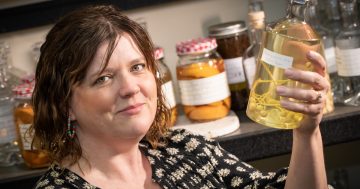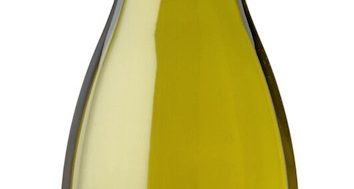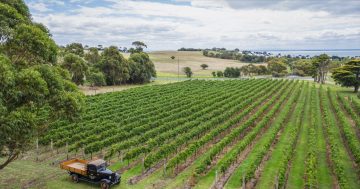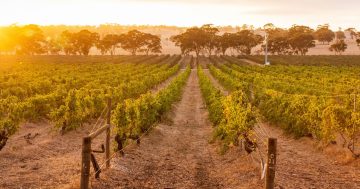By Christine Salins.
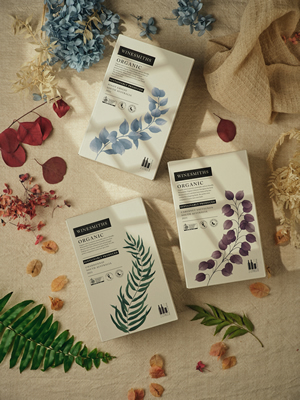 Cask wine has come a long way since Thomas Angove patented his “bag in a box” design in 1965.
Cask wine has come a long way since Thomas Angove patented his “bag in a box” design in 1965.
If you’re old enough to remember the early 1980s – a time when cask wine accounted for 60% of Australia’s wine market – you’ll know that some of the wine around that time was pretty wicked.
What you might not know is that cask wine has become a lot more sophisticated since then. Just as bottled wine offers something for everybody, so too does today’s cask wine.
Not only is the wine more respectable, so too is the packaging. The Winesmiths casks featured in this week’s column graced the table at a large family gathering at the weekend, and the on-trend packaging looked perfectly at home alongside beautiful cheese platters and charcuterie boards.
From a sustainability point of view, there are some good reasons to drink cask wine. It takes up less storage space, fits well in the fridge or cupboard, has a lower carbon footprint and is better value for money than the same wine in glass bottles.
It’s perfect for occasions where you want just one glass (great for single people); pop it back in the fridge and it stays fresh for weeks.
Yalumba set a new trend when it launched its premium two-litre pack in 1983, at a time when the market was dominated by four- and five-litre casks.
In 2015, on cask wine’s 50th anniversary, Yalumba proprietor Robert Hill-Smith recalled that his company’s entry into the market had “always been about convenience, varietal definition, freshness and eco kindness, and certainly not about price, poor quality and volume”.
Unpersuaded by research advising against it, Yalumba nudged its way into the market with a two-litre pack in a glossy design, Hill-Smith assuring his father, “Don’t worry dad, they’ll be drinking this in Toorak or Vaucluse.”
“We did our 12-month forecast in 10 weeks, so it worked, God bless it, and three months later I went to Topo Gigio in Toorak Road and, bugger me, there they were, the Toorak maidens drinking Yalumba two-litre casks,” Hill-Smith recalled.
In 2013, he upped the ante again when Hill-Smith Family Vineyards produced The Winesmiths, a range of bottle-quality wines in designer casks made from recycled materials.
Now, Winesmiths is again at the forefront with the introduction this month of a collection of certified organic wines. In line with Australian Certified Organic requirements, the three wines are audited from vineyard to pack, with strict criteria that promotes environmental biodiversity and eliminates the use of chemicals.
Senior brand manager Lisa Antoney says the packaging has just 13% of the carbon footprint of bottled wine. “Our packs are made from minimum 75 per cent recycled materials and we are actively undergoing pack research and trials to find a compostable bag solution,” she said.
Winesmiths 2021 Organic Pinot Grigio in 2-litre cask, $24: Attractive cinnamon/spice notes and flavours of white peach and nashi pear. Best to leave it out of the fridge for a bit so that the lovely gentle flavours are more evident. 13.5% ABV. Recommended pairing: Thai fish cakes or Pad Thai.
Winesmiths 2021 Organic Chardonnay in 2-litre cask, $24: I’m a Chardonnay lover and trust me, this one is good value at the price. With a pleasing fresh acidity, citrus and stone fruit flavours, it has a touch of creamy nuttiness. 12.5% ABV. Recommended pairing: chickpea stew or soba noodles.
Winesmiths 2021 Organic Cabernet Sauvignon in 2-litre cask, $24: This went down a treat on a chilly evening. Lovely plum and spice notes, gentle tannins and a good long finish. 13.5% ABV. Recommended pairing: Roast lamb (although it also worked well with our cheese platter and charcuterie).



